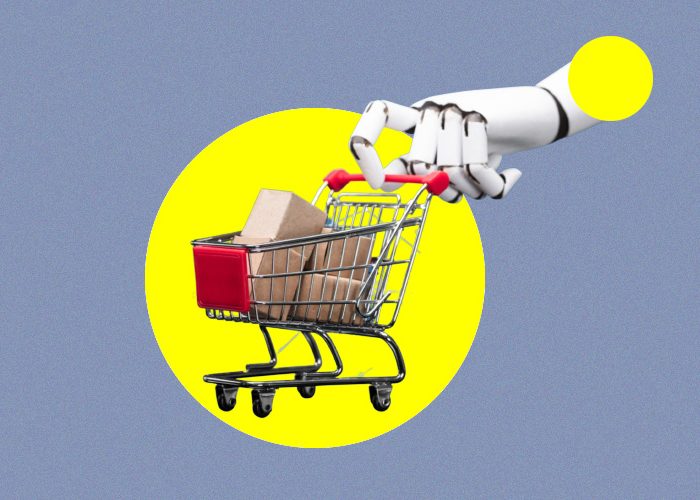
Revolutionizing the retail sector, the unstoppable force of AI reshaping the future
Artificial intelligence (AI) is reshaping the retail sector, redefining how retailers operate and serve customers. With its data analysis capabilities, pattern detection, and predictive abilities, AI has become an indispensable tool in the industry. It enhances inventory management, delivers personalized marketing, and streamlines operations, improving customer experiences and increasing efficiency. The integration of AI provides retailers with a competitive edge, enabling them to offer customized shopping experiences, make data-driven decisions, and adapt to market trends.
As technology advances, we can expect even more innovations like voice-enabled commerce, augmented reality, and seamless integration of online and offline channels. The power of AI is transforming the future of retail.
Understanding AI in Retail
What is AI?
AI, or artificial intelligence, refers to developing computer systems capable of performing tasks that typically require human intelligence. These tasks include speech recognition, problem-solving, learning, and decision-making. AI systems are designed to process and analyze large volumes of data to identify patterns, make predictions, and automate processes.
AI Applications in Retail
AI is being leveraged across multiple areas of the retail industry, enhancing operational efficiency, customer experience, and sales. Here are some key applications of AI in the retail sector:
1. Inventory Management
AI-powered inventory management systems can optimize inventory levels by analyzing historical sales data, current market trends, and external factors such as weather forecasts. By accurately predicting demand, retailers can ensure they have the right products in stock, reducing out-of-stock situations and minimizing excess inventory.
2. Personalized Marketing
AI enables retailers to deliver personalized marketing campaigns tailored to individual customer preferences. AI algorithms can generate targeted recommendations and promotions by analyzing customer data, including purchase history, browsing behavior, and demographic information. This level of personalization enhances customer engagement and increases the likelihood of conversions.
3. Chatbots and Virtual Assistants
AI-powered chatbots and virtual assistants are transforming customer service in the retail sector. These intelligent systems can interact with customers in real time, addressing their queries, providing product information, and even processing orders. Chatbots offer 24/7 support, improving customer satisfaction and reducing the workload on human customer service agents.
4. Supply Chain Optimization
AI is revolutionizing supply chain management by optimizing logistics, demand forecasting, and route planning. AI algorithms can identify bottlenecks, streamline processes, and improve efficiency by analyzing data from various sources, including suppliers, manufacturers, and transportation networks. This leads to faster order fulfillment, reduced costs, and improved customer satisfaction.
The Benefits of AI in Retail
The integration of AI in the retail sector brings numerous benefits for both retailers and customers:
1. Improved Customer Experience
AI-powered personalization techniques enable retailers to deliver customized shopping experiences. AI enhances customer satisfaction and encourages repeat purchases by understanding individual preferences and providing relevant recommendations.
2. Increased Operational Efficiency
AI automates various manual tasks, such as inventory management and demand forecasting, saving time and resources for retailers. By optimizing processes, retailers can operate more efficiently and allocate their resources strategically.
3. Enhanced Decision-Making
With access to real-time data and advanced analytics, AI enables retailers to make data-driven decisions. These insights help retailers identify emerging trends, understand customer behavior, and devise effective marketing strategies.
The Future of AI in Retail
The impact of AI on the retail sector is expected to grow even further in the coming years. As technology advances, we can anticipate the following developments:
1. Voice-Enabled Commerce
With the increasing popularity of voice assistants, AI-powered voice-enabled shopping experiences will become more prevalent. Customers can purchase and interact with retailers using voice commands, making the shopping process even more convenient.
2. Augmented Reality (AR) and Virtual Reality (VR)
AI combined with AR and VR technologies will revolutionize how customers experience products. Virtual try-on features, interactive product demonstrations, and virtual showrooms will become commonplace, enhancing the online shopping experience.
3. Predictive Analytics
AI algorithms will continue to evolve, enabling retailers to make more accurate predictions regarding customer behavior, market trends, and inventory demand. This will allow retailers to stay proactive, adapt quickly to changes, and meet customer expectations more effectively.











